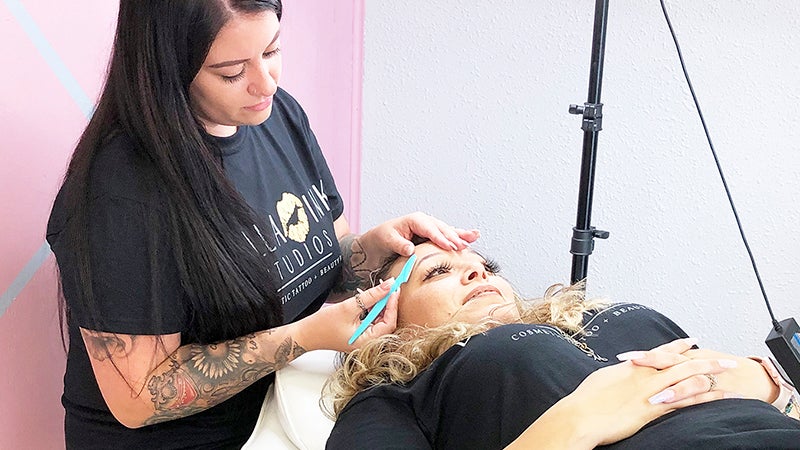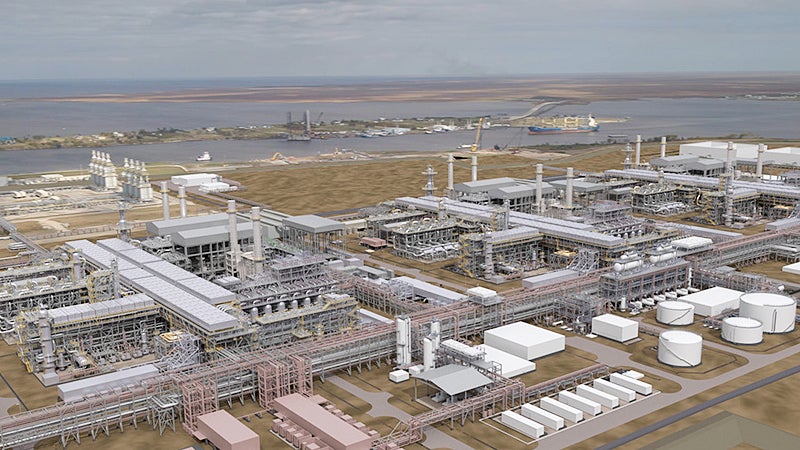Drill, baby, drill: Local fishermen OK with oil, gas activity
Published 11:10 am Monday, January 8, 2018
By Lorenzo Salinas
With the Trump administration’s recent proposal to allow offshore drilling for oil and gas in nearly all coastal waters in the United States, coastal Texas residents may wonder how that would affect fishing here— an area renowned for the quantity and quality of its catch.
In a state where more than 1.3 million fishing licenses were sold in 2015 according to Texas Parks and Wildlife — that number reflects all licenses including fresh, saltwater and out-of-state — a total revenue of $36,535,017 was generated in licenses, related stamps, tags, permits and other items.
Fishing is a big industry along coastal Texas — and a profitable one. However, as a few fishing experts in the area would say, they aren’t worried about the proposal at all. In fact, they would seem to welcome it with an easy smile and a baited hook.
“Drill, baby, drill,” Bill Watkins said with a laugh.
Rigs encourage fish population
Watkins is captain and guide of Have Boat Will Travel Guide Service. He has been fishing in the Gulf of Mexico for more than 50 years and been fishing along the Sabine shore for nearly 20 years.
He said the oil rig structures actually encourage a better fish population, making a home for the many kinds of fish in the Gulf.
“My experience is that oil rigs in the Gulf have been great manmade reefs,” Watkins said. “The more of them out there, the better fishing it is out there.”
Watkins admitted the occasional oil spill might occur; however, he was quick to point to the resiliency of the environment and how effectively it could recover from industrial accidents. “Anything short of what might happen at Deepwater (Horizon)” was his stated point of no return.
“I don’t expect there will be anything worse than that. It was a whole lot more media hype than actual damage to the ecosystem,” Watkins said.
“The offshore oil rigs are a real boon to marine life. Every one out there is a mini-reef.”
Obama’s edicts: Unintended results
By contrast, Watkins said when the federal government under the Obama administration forced companies to remove oil platforms that had been idle for more than four years they had inadvertently harmed the fish population that had made their homes there.
“It has really hurt our fishing,” he said.
Joshua Davis, captain and guide of Happy Hooker Fishing Charters, agreed, claiming that actions taken under the “Idle Iron” policy hurt marine life more than it helped it.
Davis said when workers detonated charges to dismantle the rigs, the underwater reverberations killed the fish that were both in the rigs and nearby. Despite the noises crews made to try to scare the fish away, it actually did the opposite and made the fish swim back into the rig.
According to Davis, when frightened, a fish’s instinct is to head back to cover — which happened to be the targeted oil rigs.
“And when they went to dismantle the oil rigs, every time they did that, we lost thousands and thousands of fish,” Davis said.
With oversight, drilling not harmful
According to Watkins, the idea of expanding offshore drilling wouldn’t be an environmental problem if it were done responsibly and with some oversight.
“Responsible industry is no problem,” Watkins said. “Back in the early ’50s, they used to call Sabine Lake the ‘Dead Sea’ because there was so much dumping of raw sewage down the channel…
“Once they cleaned the stuff down there and started cleaning up the environment and the EPA made refineries clean up their act, you got one of the better fisheries in the Gulf Coast.”
Davis described the warm waters of the Gulf as nutrient-rich because of the muddy waters the Mississippi River dumps into it. Combined with the “pretty awesome habitats” the oil rigs provide marine life in the Gulf, he claimed gulf waters to be better than most other areas.
“I’ve been lucky to fish all over the world, and the best fishing hands down can be found in the Gulf of Mexico,” Davis said. “Between the stretch from New Orleans, Louisiana and Corpus Christi, Texas, you can’t even compare it to anywhere else. The size of the fish, the quality of the fish — it’s just phenomenal.”
“As long as they don’t have a spill, it shouldn’t have much of an effect,” Lindy Hebert of Lucky Lindy Charters said. “We need oil; they pull oil. I actually think they did a pretty good job for the most part … Plus, the rigs form a miniature habitat for the fish.”
“I think it’s a wonderful thing,” Davis said of offshore drilling. “It would increase my business exponentially. The economy would improve, meaning more people coming into the area; and the rigs and cells would provide mini-reefs for marine life.”
“If I thought it be would be hurting my fishing, you’d hear about it,” Watkins said.





